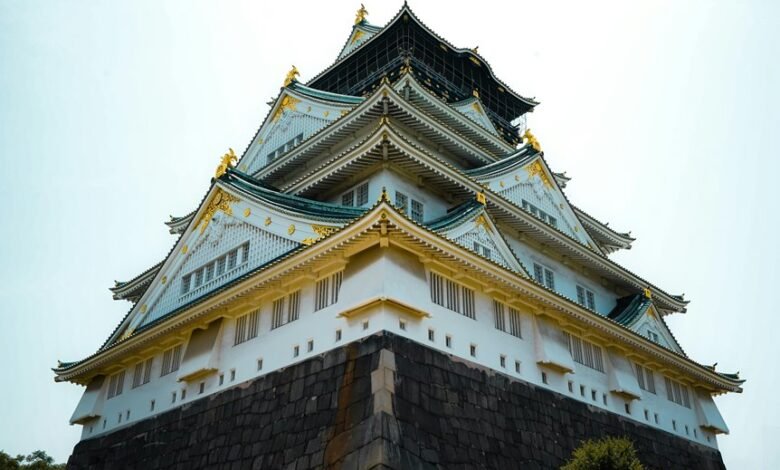Characteristics of Indian Culture: Understanding Key Aspects of Indian Tradition

Indian culture is a complex interplay of traditions, values, and beliefs that have shaped society over centuries. At its core lies the importance of family, which strengthens community ties. Spirituality and religion guide moral frameworks, influencing daily life. Festivals serve as vibrant expressions of cultural heritage. Yet, the balance between tradition and modernity raises questions about the future of these enduring practices. What insights can be drawn from this dynamic cultural landscape?
The Importance of Family in Indian Society
Although modern influences have begun to reshape various aspects of Indian life, the family remains a cornerstone of Indian society, deeply embedded in its cultural fabric.
Family dynamics reflect a blend of ancestral values and contemporary thoughts, fostering strong bonds and support systems.
This interplay not only defines individual identities but also preserves traditions, ensuring continuity amid evolving societal landscapes.
Spirituality and Religion: A Way of Life
Spirituality and religion in India serve as integral components of daily life, deeply influencing the cultural ethos of the nation.
The rich tapestry of spiritual practices reflects the profound religious diversity found across the subcontinent. This diversity fosters an environment where various beliefs coexist, shaping individuals’ identities and guiding moral values.
Ultimately, this contributes to a collective pursuit of spiritual fulfillment and inner peace.
Festivals and Celebrations: The Colorful Tapestry of India
Festivals in India represent a vibrant mosaic of cultural expressions, each reflecting the diverse traditions and beliefs that define the nation.
Diwali lights illuminate homes, symbolizing the triumph of light over darkness, while Holi colors burst forth in joyous celebration of love and renewal.
These festivities not only foster community bonds but also encapsulate the rich tapestry of India’s spiritual and cultural heritage.
Culinary Diversity: A Reflection of Cultural Heritage
As one explores the vast landscape of Indian culture, the culinary diversity emerges as a significant reflection of its rich heritage.
Regional cuisines, shaped by geography and history, showcase traditional cooking techniques passed through generations. Each dish narrates stories of local ingredients and cultural influences, embodying the essence of community and identity.
This vibrant tapestry of flavors invites an exploration of India’s multifaceted cultural identity.
Conclusion
In conclusion, Indian culture’s vibrant characteristics—family ties, spirituality, and rich traditions—create a profound sense of identity and belonging. For instance, during Diwali, families gather to light diyas and share sweets, symbolizing the triumph of light over darkness. This communal celebration not only strengthens familial bonds but also fosters unity among diverse communities. Such moments encapsulate the essence of Indian culture, where age-old customs harmonize with modern life, creating a dynamic yet cohesive societal fabric.





